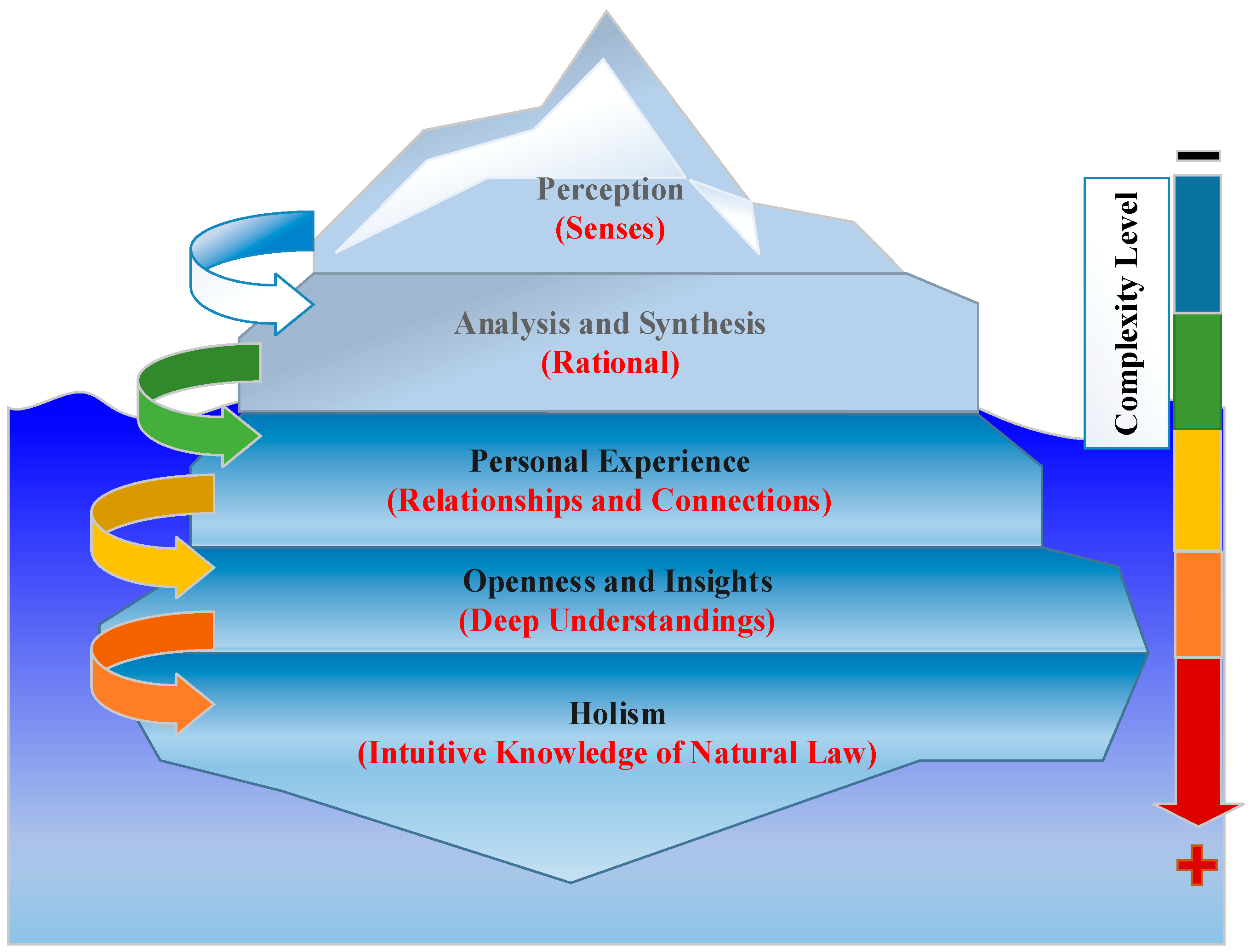Alright, let’s talk about tackling something really tough. Sometimes you’re faced with a situation that feels almost physically difficult to get through, like you gotta just push past a barrier. It’s not always pleasant, but hey, that’s life, right? I had one of those moments not too long ago, and figured I’d share how I stumbled through it.

Facing the Music
So, there was this situation at work. Not going into crazy detail, but basically, I had to deliver some pretty harsh feedback to a colleague. Someone I actually liked, which made it way harder. It wasn’t about performance in the usual sense, more about… well, let’s just say their approach was causing friction, big time. And guess who drew the short straw to talk to them? Yep, me.
Honestly, I dreaded it for days. Like, proper stomach-churning dread. You know that feeling? Where you just want to avoid it, hope it goes away? But it wasn’t going to. Ignoring it was just making things worse for everyone else. So, I knew I had to bite the bullet.
Preparation Stage (aka, Trying Not to Vomit)
- First off, I jotted down the key points. Not a script, ’cause that sounds robotic, but bullet points. What was the actual problem? What specific examples did I have? Had to be concrete, not just “you’re annoying.”
- Then, I thought about the goal. It wasn’t to attack them, but to solve the friction issue. How could we get there? What outcome was I hoping for?
- I actually practiced saying some phrases out loud. Sounds dumb, maybe, but it helped me figure out how to phrase things less… confrontationally. Less “you did this wrong” and more “this happened, and the impact was X.”
- I also psyched myself up. Reminded myself why it was necessary. For the team, for the projects, and honestly, maybe even for the colleague in the long run, even if they wouldn’t see it that way immediately.
The Actual Conversation
I asked them for a private chat. Found a quiet room. Heart was pounding, not gonna lie. I started off trying to be calm, explaining why we needed to talk. I laid out the observations, using the specific examples I’d prepared. It was super uncomfortable. There was silence. There was some defensiveness – totally expected that.
The key thing I tried to do here was just listen after I spoke. Let them react. Didn’t interrupt, even when I disagreed. Just nodded, showed I was hearing them. Then, gently tried to steer it back to the impact of the actions, not their character. We went back and forth a bit. It wasn’t a magic fix, no sudden hugs or anything. But we got to a point where they acknowledged the feedback, even if they didn’t fully agree with it all.

Aftermath and What I Learned
Walking out of that room, I felt drained. Like I’d run a marathon. It wasn’t fun. But it was done. Things didn’t magically become perfect overnight, but the friction did lessen. The colleague was a bit distant for a while, which stung, but eventually, things found a new normal.
So, what “tips” came out of that mess? Well, for me:
- Don’t delay the inevitable. Dread makes it worse. Rip the band-aid off.
- Prepare, prepare, prepare. Knowing your points helps you stay calm(ish).
- Focus on behavior/impact, not personality. Keeps it slightly less personal.
- Listen more than you talk (after the initial bit). Let them process and respond.
- Accept that it will be uncomfortable. Don’t expect it to be easy or for everyone to be happy immediately. Sometimes the goal is just getting through it and starting a change.
It’s like swallowing something difficult, I guess. You gotta relax, prepare, and just do it, even if it feels unnatural or uncomfortable at first. You get through it, and hopefully, things are better on the other side. Or at least, different. That’s my two cents, anyway, from the trenches.











